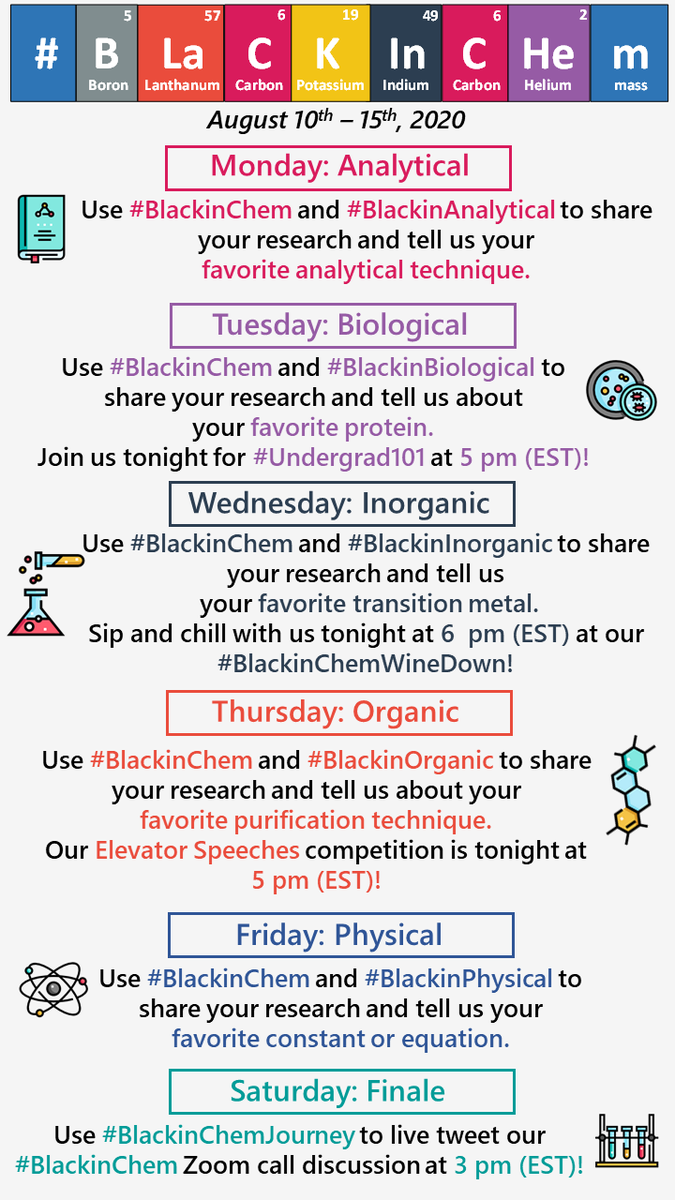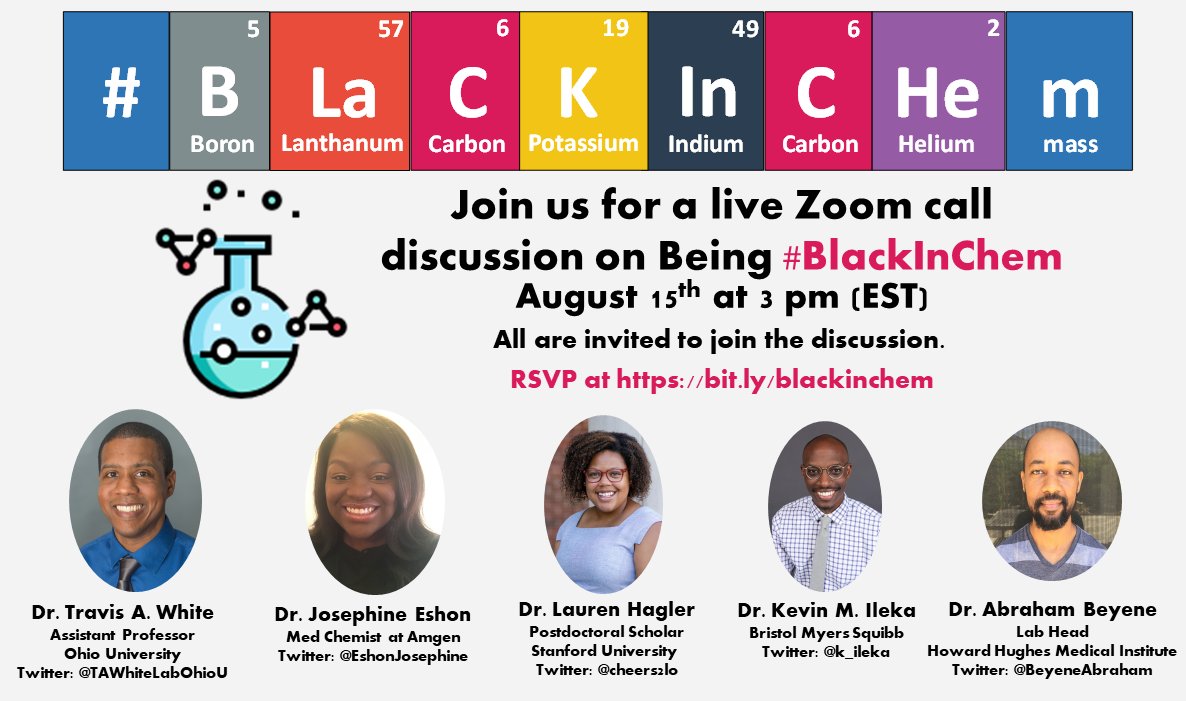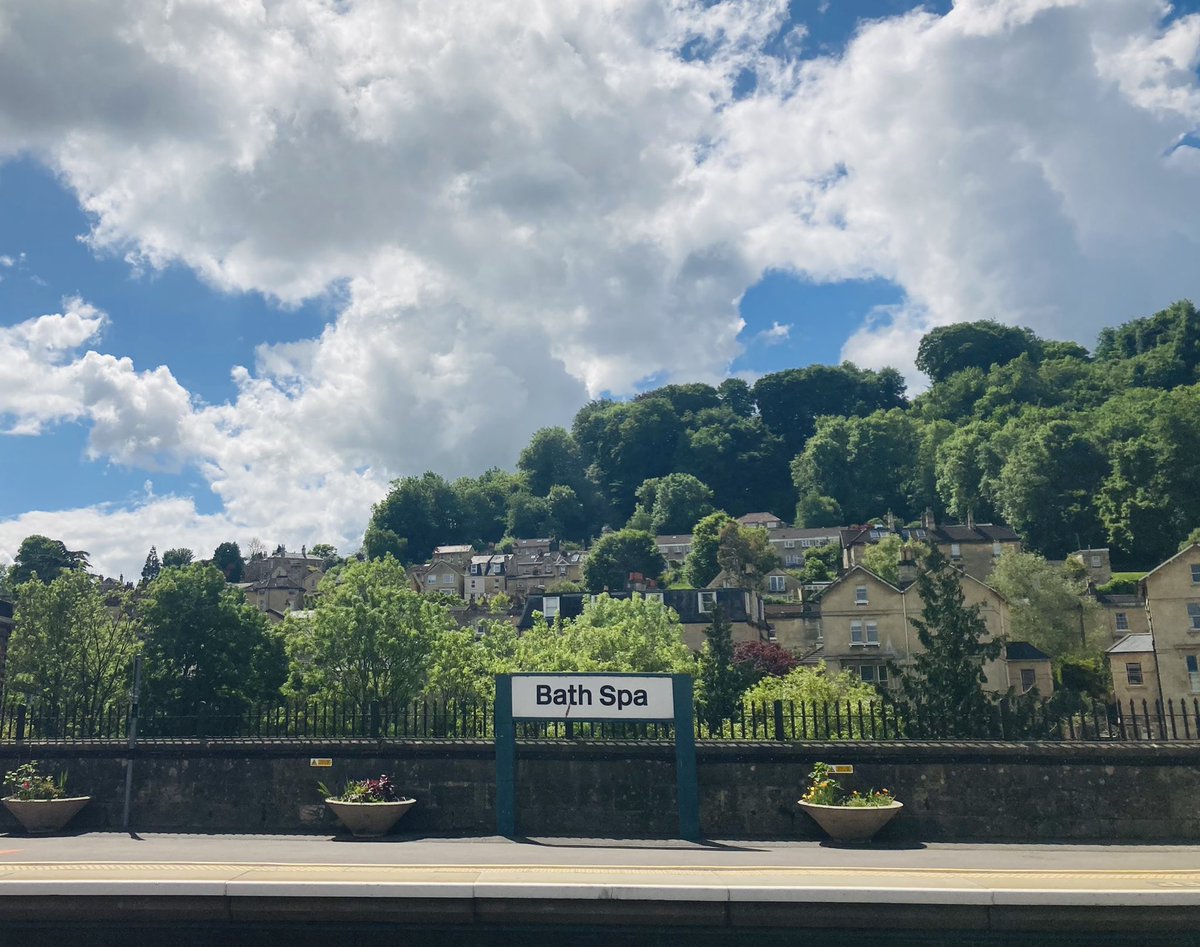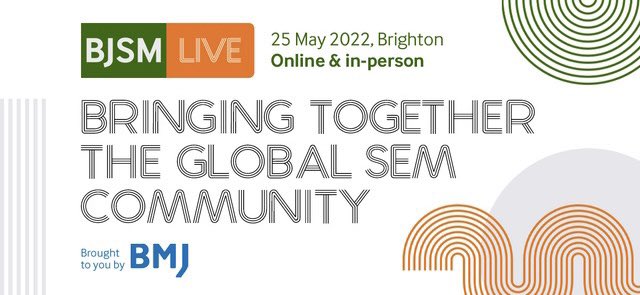#BlackinChem Thread!!
Here's how this came to be.
You may have noticed several #blackandSTEM campaigns on Twitter this summer, like #BlackBirdersWeek #BlackHikersWeek @BlackInNeuro and @That_Astro_Chic 's #BlackinAstro . #BlackinChem is no different
Here's how this came to be.
You may have noticed several #blackandSTEM campaigns on Twitter this summer, like #BlackBirdersWeek #BlackHikersWeek @BlackInNeuro and @That_Astro_Chic 's #BlackinAstro . #BlackinChem is no different
I saw #BlackinAstro going viral and tweeted that I would love to curate #BlackinChem (with some help) and that's when @That_Astro_Chic and I connected and got to WORK! She introduced me to @onlyayanna_ and along the way came @NatRodLopes1 @kathinated @hi_d_nq and @blackinthelab
We all got together and started dumping a LOT of ideas in our group message and eventually settled on curating a week where each day focuses on a particular subdivision of chemistry. 

We also wanted other events to supplement the Twitter content. The soft spot for #BlackinChemUndergrads is something we all shared so we made sure to have events that catered to them and their experiences, e.g. #Undergrad101
Then we wanted a social aspect to the week so we came up with the #BlackinChemWineDown as a space for people to unwind and meet others. On top of all that, we wanted to help students develop the skill of presenting their research. That's where the Elevator Speech Comp came from
Now you would think that'd be all we wanted to do, but we are overachievers. Weeks like these shed light on the issues that surround Black scientists so we created a space to be candid and talk about that with our #BlackinChemJourney series. 

Nope, that's not all we have coming this week 😂. On top of talking about our research, networking, and all of these other events, we're doing spotlights on past and present Black chemists and showing data/talking about Black representation on all levels during the week.
So as you can see, there is A LOT to engage with this week and I AM EXCITED! Hopefully this thread got you all excited too! If you want to talk more about it, or RSVP for anything, comment below and I'll get you all of the information you need😀
You can also use #BlackinChem to look at all of the content too! Happy #BlackChemistsWeek 🧪
• • •
Missing some Tweet in this thread? You can try to
force a refresh









